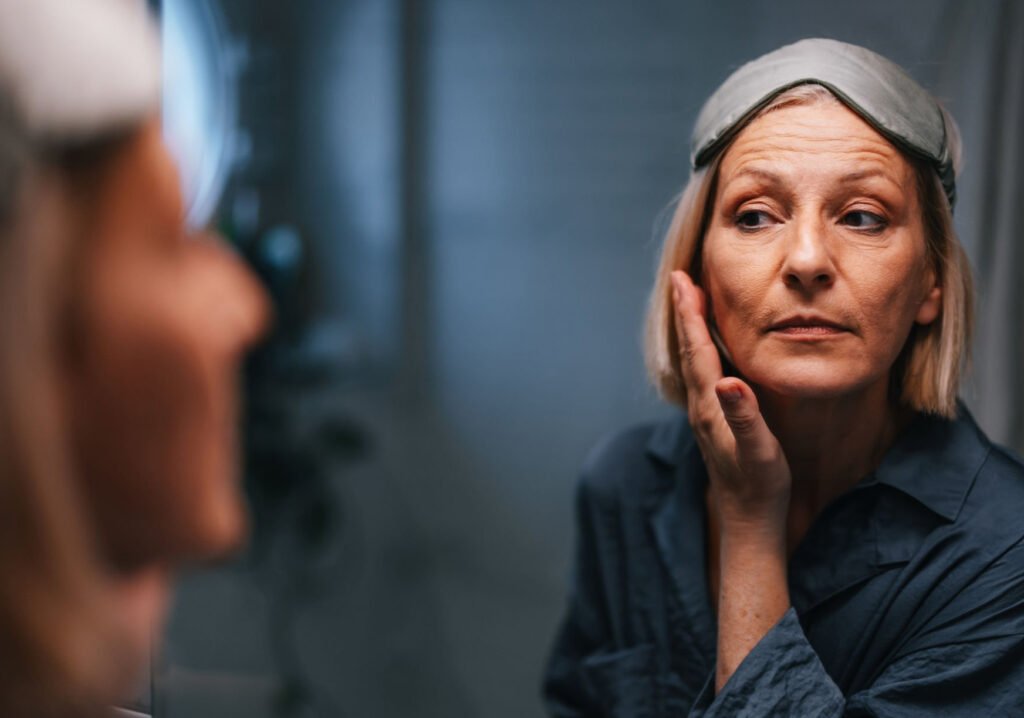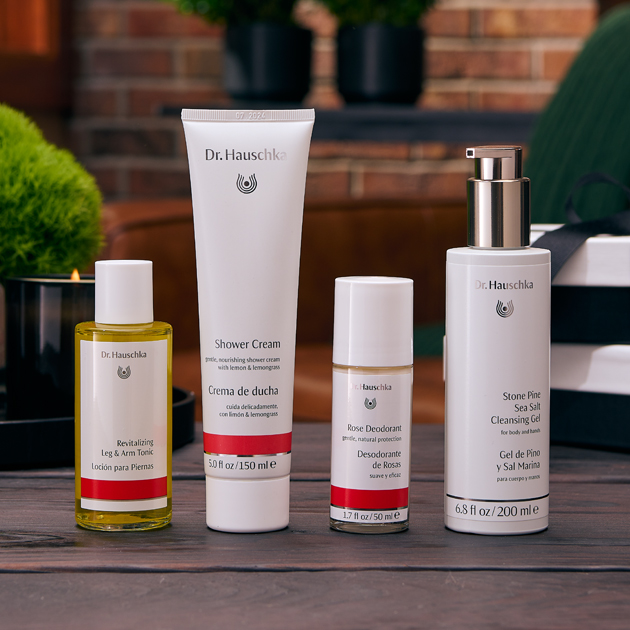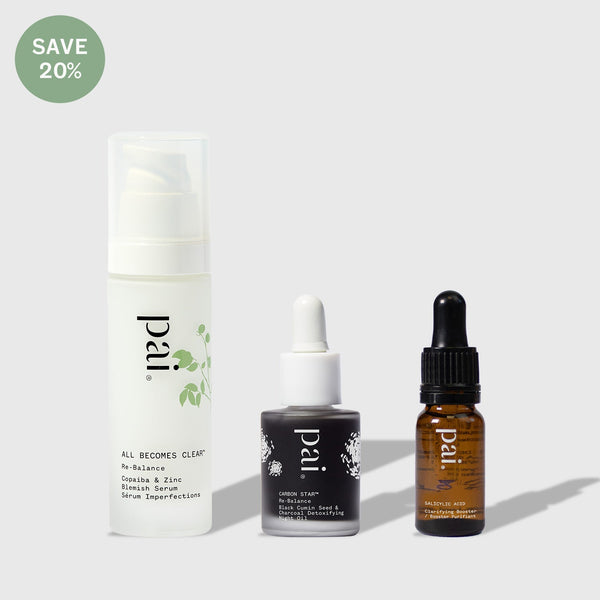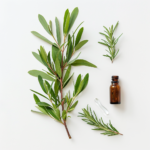The Science Behind Sleep and Skin Health
During sleep, your body undergoes a series of restorative processes, and your skin is no exception. One of the key activities is the production of collagen, a protein that helps maintain skin elasticity and reduce the appearance of wrinkles. Research shows that getting 7-9 hours of sleep each night can lead to a noticeable improvement in skin texture and appearance.

The Benefits of Quality Sleep for Your Skin
-
Collagen Production: As mentioned, collagen is crucial for skin elasticity and reducing wrinkles. During the deep stages of sleep, your body increases the production of collagen, which helps repair and rebuild skin tissues damaged by daily exposure to environmental stressors.
-
Reduced Inflammation: Lack of sleep can increase inflammatory responses in the body, leading to skin conditions like acne, psoriasis, and eczema. Adequate sleep helps keep inflammation at bay, promoting a clearer complexion.
-
Improved Blood Flow: Sleep enhances blood flow to the skin, giving you a healthy glow. Poor sleep can lead to a dull, lifeless complexion and the development of dark circles under your eyes.
-
Hydration Balance: While you sleep, your body balances hydration levels, ensuring that your skin receives the moisture it needs to stay healthy. Insufficient sleep can lead to a decrease in skin moisture, resulting in dryness and more visible fine lines.
Tips for Better Sleep and Healthier Skin
-
Establish a Sleep Routine: Going to bed and waking up at the same time every day helps regulate your body’s internal clock, making it easier to fall asleep and wake up naturally.
-
Create a Relaxing Environment: Ensure your bedroom is a haven for sleep by keeping it dark, cool, and quiet. Consider using blackout curtains, earplugs, or a white noise machine to eliminate distractions.
-
Limit Screen Time: The blue light emitted by phones, tablets, and computers can interfere with your body’s production of melatonin, the hormone responsible for sleep. Aim to turn off all screens at least an hour before bed.
-
Stay Hydrated: Drink plenty of water throughout the day, but avoid large quantities before bedtime to prevent frequent trips to the bathroom.
-
Healthy Diet: Consuming a balanced diet rich in antioxidants, vitamins, and minerals supports skin health. Foods high in vitamin C, E, and omega-3 fatty acids are particularly beneficial for your skin.
-
Avoid Caffeine and Alcohol: Both caffeine and alcohol can disrupt your sleep cycle. Try to limit your intake, especially in the hours leading up to bedtime.
Conclusion
The connection between sleep and skin health is undeniable. Prioritizing quality sleep can lead to significant improvements in your skin’s appearance and overall health. By incorporating healthy sleep habits and a balanced lifestyle, you can enjoy the dual benefits of restful nights and radiant skin. Remember, achieving glowing skin starts with a good night’s sleep!
Read More here about daily habits and skincare
Discover how sleep affects your skin and explore effective organic skincare solutions from Dr. Hauschka, Pai Skincare, and Ela De Pure. From nourishing night creams to rejuvenating facial oils and targeted eye treatments, these products are crafted to replenish and enhance your skin’s health overnight, promoting a radiant complexion despite sleep challenges.














1 Comment
A WordPress Commenter
2 years agoHi, this is a comment.
To get started with moderating, editing, and deleting comments, please visit the Comments screen in the dashboard.
Commenter avatars come from Gravatar.